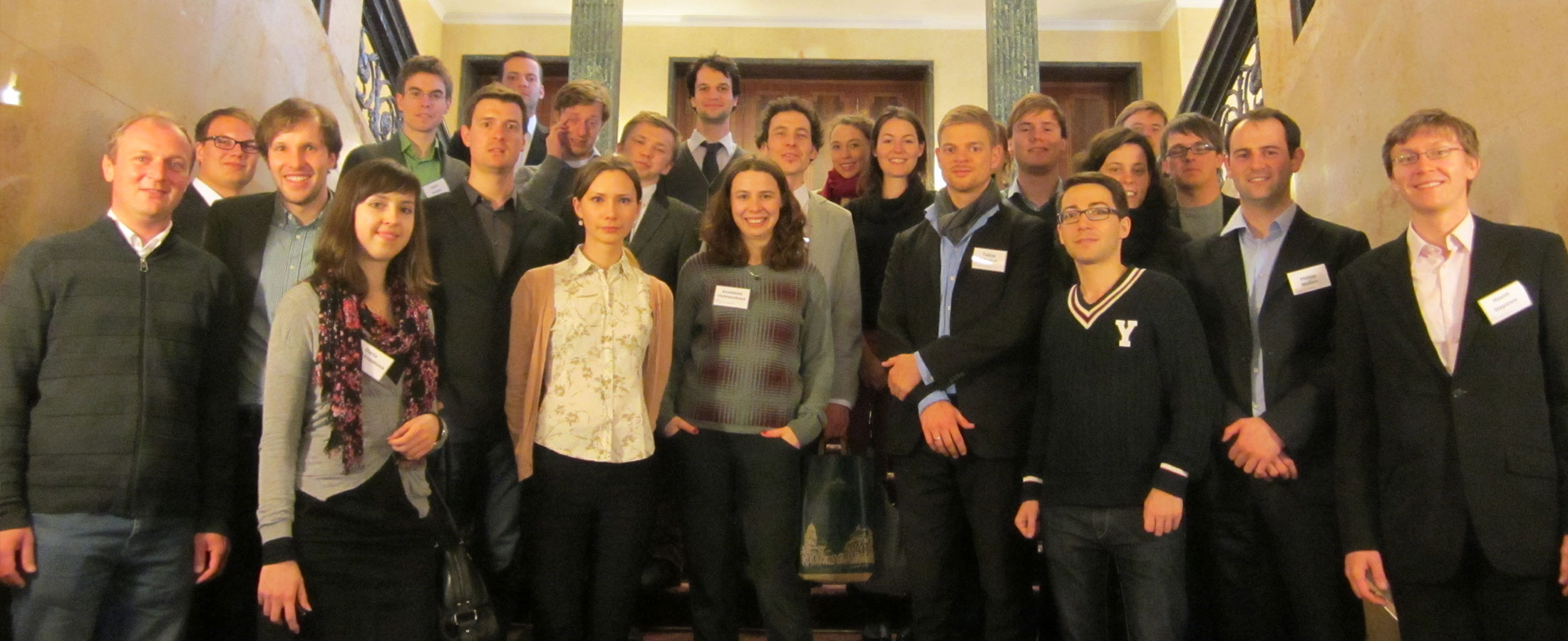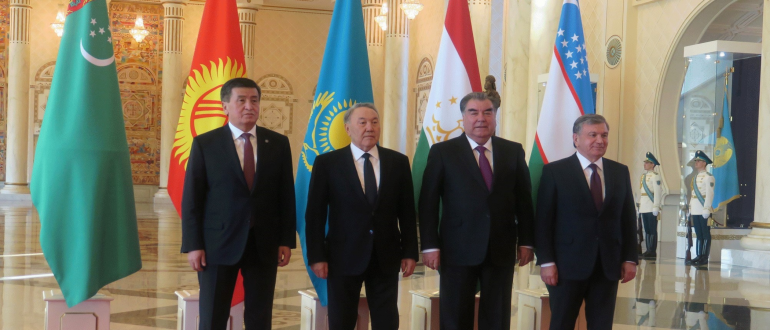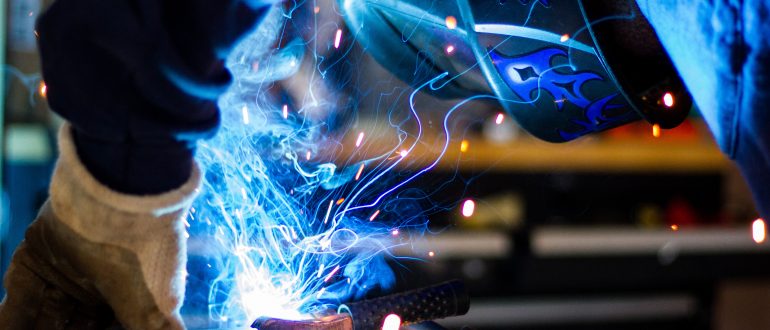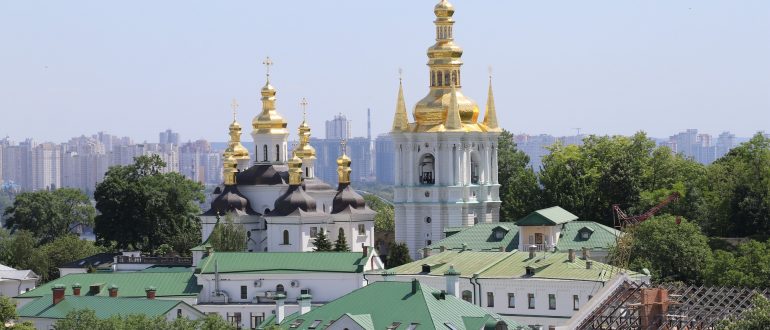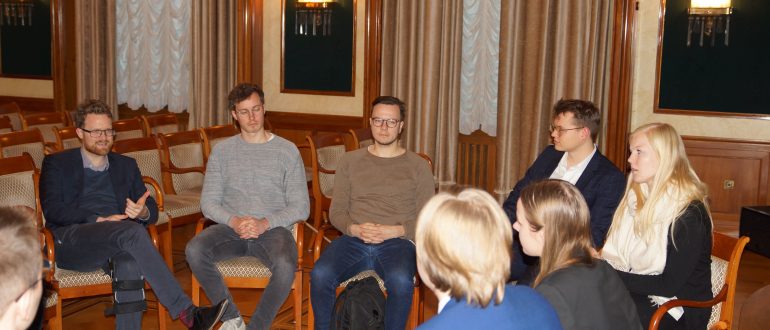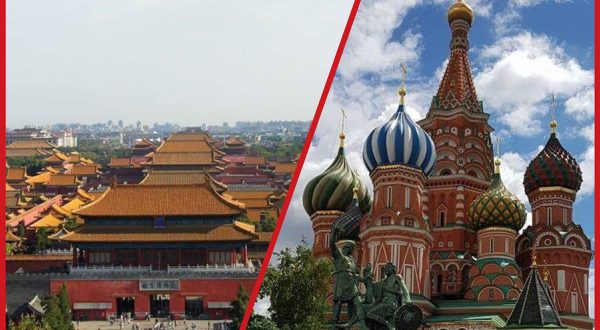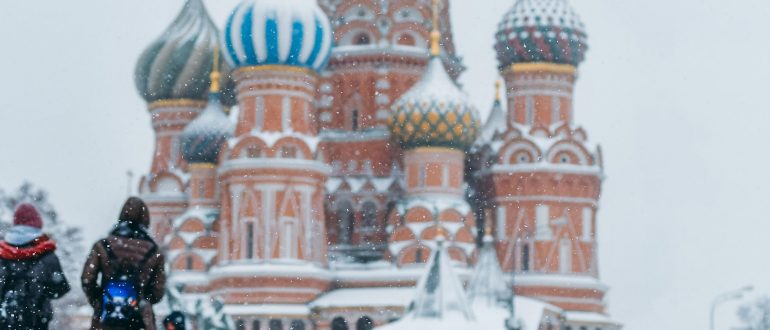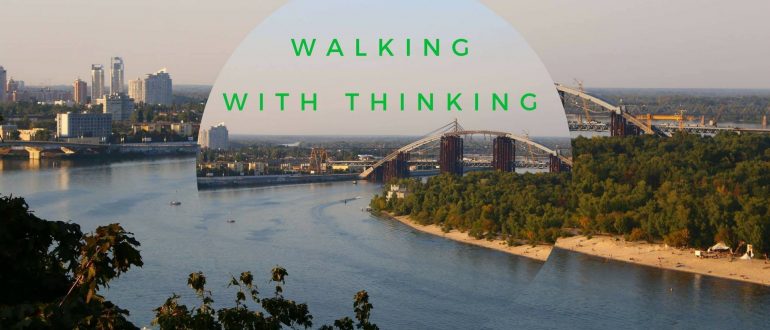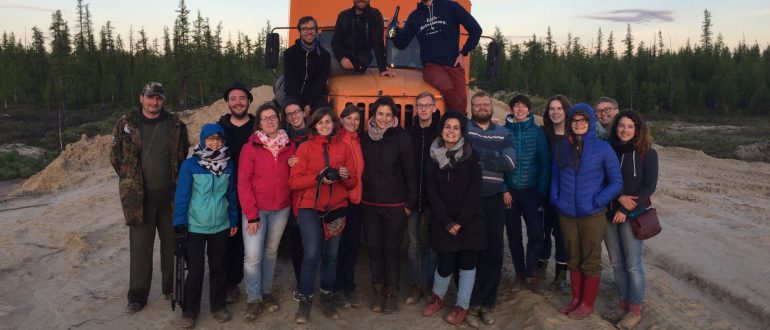What is the issue we address?
Ever more political parties, international organizations and businesses claim that they are in need of professional expertise on Russia. However, especially Germany lacks systematic scientific and professional promotion of young Russia experts. Low prestige, limited professional opportunities and insufficient networking reduce the attractiveness of Russia oriented research and policy making. Consequently, German and Russian policy makers and members of civil society fail to understand each other as the number of young people with a thorough understanding of Russian politics, society and economics is constantly decreasing. To address this problem we intend to bring together young scholars, professionals and journalists and experienced experts from both countries to jointly develop the expertise that is needed to further Russian-German relations.
How do we work?
Our goal is to engage German and Russian students and young professionals in a scientific and professional exchange during an annual short conference that will alternately take place in Germany and Russia. At this conference, we want to give participants the possibility to get to know other prospective scientists and practitioners and to exchange experiences, expertise and contacts to jointly develop new perspectives on Russian-German relations. At the same time, we intend to win experienced and established “senior experts” from science, politics and practice to participate in the conference and take on the role of mentors and enablers that actively support this new generation of “junior experts”. As the core principle is that junior and senior experts meet at eye level, the topical modules of the forum are worked out by participants and senior experts alike.
Mitglieder der Impact Group
David Schlutz (contact) [david.schlutz(at)ifair.eu]
Malvin Oppold [malvin.oppold(at)ifair.eu]
(c) Titelbild:
Who supports us?
The first conference in 2012 was supported by the German National Academic Foundation, the Bildungswerk Berlin of Heinrich Böll Foundation, the Hertie Foundation and the Embassy of the Russian Federation in Berlin. Other supporters were Alexander Rahr, former head of the section “Russia, Ukraine, Belorussia and Central Asia” at Deutsche Gesellschaft für Auswärtige Politik and member of the IFAIR advisory board as well as Susan Stewart, deputy head of the section “Eastern Europe and Eurasia” at the German Institute for International and Security Affairs and IFAIR associate.
How can I contribute?
The conference is aimed at students, young scientists, journalists, activists and young professionals from Germany, Russia and Eastern Europe with a demonstrable interest in Russia and German-Russian relations. However, we also encourage applications from other backgrounds as we explicitly support unconventional perspectives. Applicants will have to hand in a short outline on the topic they would like to contribute to the conference. The next conference will take place in 2014 and a call for applications will be published accordingly.
Students and young researchers who are willing to actively contribute to developing our idea are welcome to join the project – please contact us!

